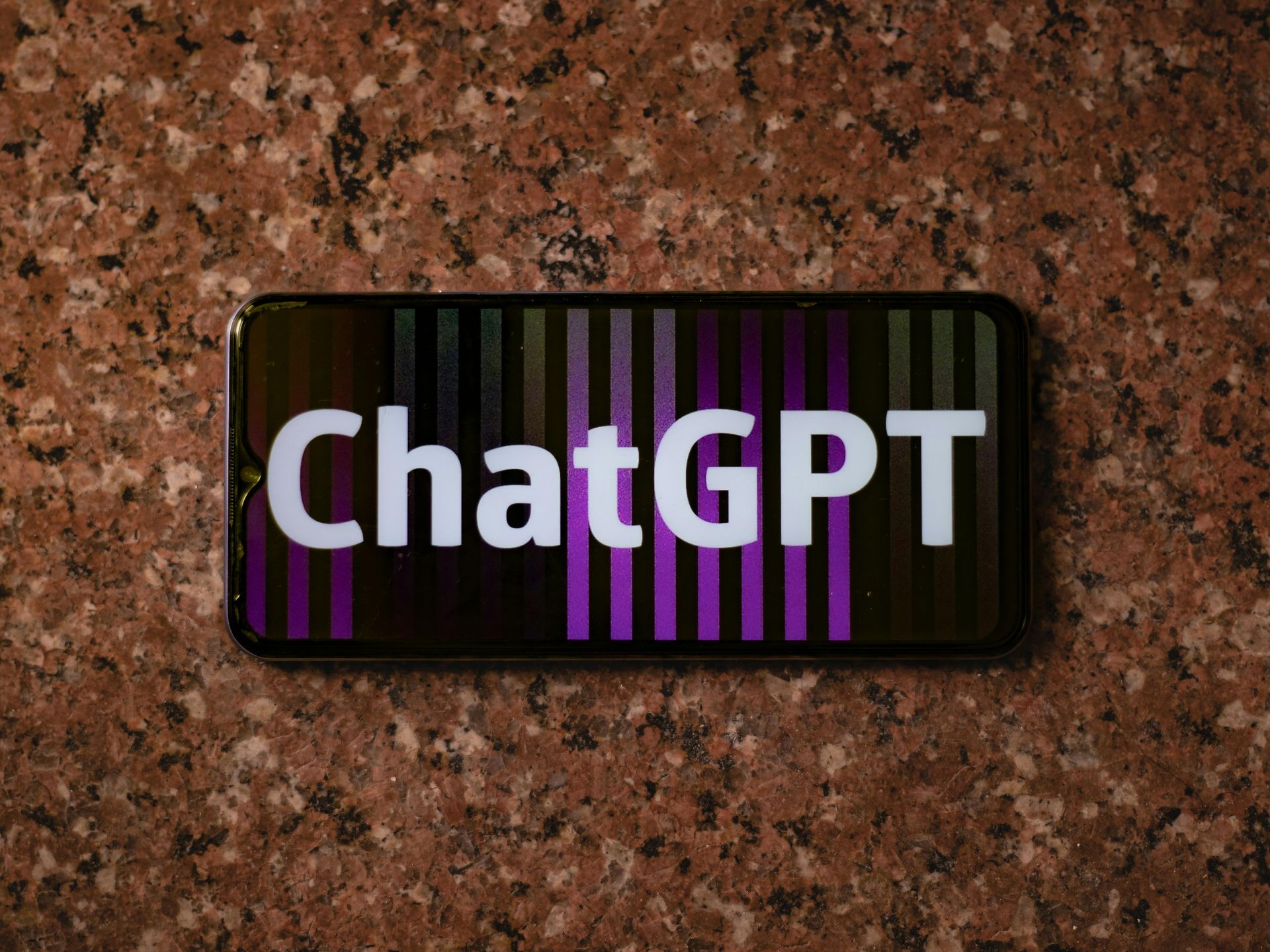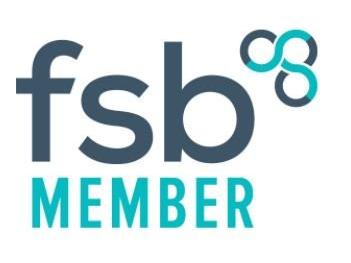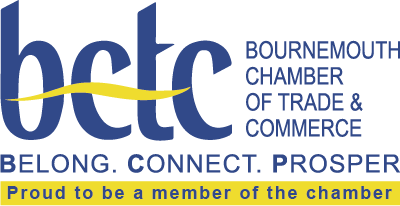Google's A.I. Generative Content in Search - What Businesses Need to Know
Big changes in Google's search results pages present significant challenges to Small businesses SEO strategies
Google's search engine has undergone a significant transformation with the introduction of AI-generated content, now prominently featured at the top of search results. This change impacts informational searches, raising new challenges for businesses aiming to rank their content effectively.
Understanding these changes is essential for adapting your SEO strategy and maintaining visibility and traffic.
What are informational Searches?
Informational searches are those where the user's primary goal is to find information or answers to a specific question. Unlike transactional searches (where the user wants to buy something) or navigational searches (where the user wants to find a specific website), informational searches focus on learning and understanding.
Informational searches generally open questions and contain terms such as how or why. Some examples of informational searches are:
- How do I rank higher in Google
- Why is my website not generating leads
- What is SEO
This is opposed to more transactional or commercial searches that require a more specific or binary answer, such as:
- Best web design agency in Christchurch
- SEO agency near me
Keyword research is the foundation of any SEO strategy and involves understanding not only how many times a keyword is searched in Google but also the intent of the person making the search. Tools such as SE Ranking will provide an assessment of the intent of the person making the search.
The Impact on Informational Searches
Google's new Search Generative Experience (SGE) significantly affects how informational queries are addressed. When users ask questions like "How do I get to the top of Google?" or "Can paid ads help grow my business?" Google now delivers AI-generated summaries at the top of the page, just under the paid ads. These A.I. overviews pull information from highly ranked and trusted websites, summarising it into a quick answer that answers the user's question.
This shift is especially impactful for those targeting long-tail keywords. Long-tail keywords—more specific and typically less competitive phrases—have traditionally been a goldmine for content creators and SEO professionals. They allowed websites to rank for niche queries, driving traffic from users generally at the start of the buying process.
However, AI-generated answers now occupy the top spot on Google's search results. Users can normally find everything they need in these summaries without scrolling down. This reduces the likelihood of clicks on traditional organic links, even if they rank highly for those long-tail keywords.
The battle to get to the Number one spot on Google is becoming out of reach for most small companies that don't have the time or budget to create huge amounts of content. Even if they did, creating content that ranks is no longer enough; it must be compelling enough to be used in the A.I. summaries. SEO strategies that previously worked well for companies need to be reviewed.
Local and Commercial Keywords - A Safe Haven?
While informational searches are now dominated by AI-generated content, keywords with local or commercial intent are less affected. Searches like "SEO agency near me" or "best web design agency in Christchurch" still produce traditional search results with less influence from A.I. summaries. This is because these searches require more specific results, such as a selection of local businesses.
As a result, we expect that competition for these types of keywords will intensify. With informational searches becoming more challenging to rank for, companies may shift their focus toward local SEO and commercial keywords where A.I. has much less influence. This shift will inevitably lead to increased competition, making ranking highly for these keyword categories more difficult.
To capitalise on this opportunity, businesses should prioritise optimising their Google Business Profile to ensure they appear prominently in Google Maps results. This is because, currently, AI-generated content doesn't recommend local businesses, so after the paid Ads, Google will, almost always, place the Map Pack, which provides a section of Google Maps and the top three ranked Google Business Profiles. Because the people searching for local or specific types of businesses already know what they need and are just looking for a provider, these Profiles also contain most of the information that these customers need, namely, location and reviews.
Book a Free Website SEO Audit
Challenges for Marketers and Businesses
While good SEO agencies are used to adapting to changes in the Google search algorithm, the introduction of A.I. summaries is an unprecedented challenge. There will inevitably be an SEO 'arms race' for creating content that gets referenced within these summaries. This race will inevitably be won by companies with big budgets that can afford the time and cost of producing huge amounts of detailed content.
Introducing AI-generated content at the top of search results has made SEO more challenging. One of the most pressing concerns is the potential loss of organic traffic. As AI-generated summaries meet users' needs without needing to click further, websites may experience a decline in traffic, even if they continue to rank well on the results page.
This change demands a strategic pivot. Marketers need to consider how to make their content more engaging and essential, encouraging users to explore beyond the AI-generated answer. This might involve focusing on content that offers a deeper level of detail, personal insights, or unique perspectives that A.I. cannot easily replicate. Additionally, diversifying traffic sources by leveraging social media, email marketing, and other channels becomes more critical in a landscape where Google search might no longer be the primary driver of visits.
The Role of Paid Ads and the Strategic Implications
These AI-generated results are placed beneath paid ads on the search results page. This positioning increases the value of paid search advertisements. Since organic visibility is now more challenging, businesses might feel pressured to invest more in Google Ads to maintain their presence at the top of search results. Again, this will benefit larger companies that have bigger budgets at the expense of smaller businesses.
For many businesses, especially those with limited marketing budgets, this change could necessitate a re-evaluation of their marketing spend. Allocating more resources to paid search may become essential to compensate for the loss of organic traffic. However, this also means competing in a potentially more crowded and expensive ad marketplace.
However, relying solely on paid ads is not a sustainable solution for most businesses. The key will be finding a balance between paid and organic strategies, ensuring that even if AI-generated content dominates informational searches, there are still ways to reach potential customers.
Consider integrating paid ads with good content strategies focusing on authority, trustworthiness, and relevance to encourage users to click through to their sites.
Click here to learn more about Paid Ads and PPC
Optimising for the Future
Adapting to these changes requires a proactive approach. Companies should start by auditing their existing content to identify areas where they can add value beyond what an A.I. summary can provide. This might involve updating their existing content to include more detail or analysis. Case studies, infographics, and videos can provide significant information for website visitors.
Additionally, businesses should build a strong brand presence across multiple platforms within their local area. While Google search remains a powerful tool, diversifying traffic sources and building direct relationships with customers through social media, newsletters, email marketing, and other channels such as local chambers of commerce and sponsoring events can raise your company's profile locally and further afield.
Book a Free SEO Audit
Google Business Profile - your new best friend
Optimising their Google Business Profile should be a top priority for service-based companies that want to attract companies in their local area. Your Google Business Profile dictates where your business ranks on Google Maps. Being in the top three ranked companies on Google Maps secures you a position in the Map Pack, which is positioned just under the paid ads in Google search results pages.
To learn more about optimising your Google business profile, visit our website's Google Maps SEO page or read one of our recent blogs about this subject.
Conclusion
Google's shift toward AI-generated content in search results marks a new era for SEO and digital marketing. While this change presents challenges for those relying on long-tail keywords and organic traffic, it also offers new opportunities to improve rankings in Google. Businesses can capitalise on these opportunities by creating content used by Google's A.I. summaries.
Staying ahead in this new search environment will require a significant and sustained effort, not to mention time and effort. Still, as with all SEO efforts, those who adapt quickly will thrive despite the challenges.
About Overt Digital Media
Overt Digital Media is a leading website design and SEO agency based in Christchurch on the edge of The New Forest. We serve customers throughout the Hampshire Dorset and Wiltshire regions.
We specialise in website design and Local SEO, helping our clients attract more customers from their local area. Should you need help getting your business noticed online or getting to the top of Google, please contact the team at Overt Digital Media and request your free SEO audit and website review.















